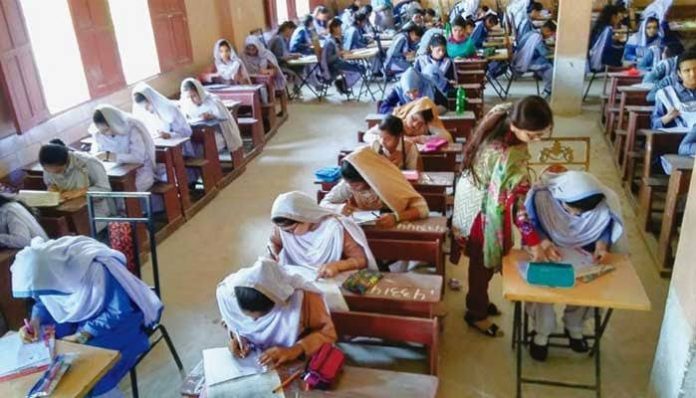The Sindh government has taken a significant step in reforming its education system by announcing a new grading policy for matriculation and intermediate examinations. This initiative makes Sindh the first province in Pakistan to replace traditional marks and ranking with a more modern grading system, set to begin in 2025.
According to a notification from Muhammad Abbas Baloch, the Secretary of Boards and Universities, students will now receive grades instead of numerical marks. The move aims to simplify the assessment process and encourage a more holistic approach to evaluating student performance.
Under the new system, the conventional first, second, and third positions will be eliminated. Instead, students will be graded based on a formula developed by the Inter-Board Coordination Committee (IBCC).
For example, students achieving a score of 95% or higher will earn an A++ grade, while those with scores between 90% and 94% will receive an A+. Grades will continue with B++ for scores from 80% to 84%, B+ for 75% to 79%, and so on, down to a C for scores between 60% and 69%.
While Sindh has embraced this innovative approach, other provinces like Punjab, Khyber Pakhtunkhwa, and Balochistan have yet to announce similar changes. The Sindh government hopes that this new grading system will foster a more positive educational environment and help students focus on learning rather than merely competing for marks.


